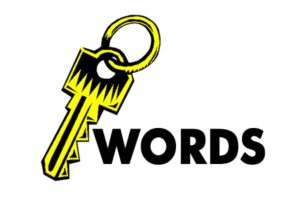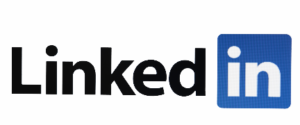The entertainment industry is a tricky industry to break into. In fact, there’s no one, sure-fire way to get your lucky break. While some become stars in childhood, others don’t begin acting until they’re in their 40’s. Whether you want to be a musician or the next great producer, achieving your dream of working in the industry can be difficult. Luckily, there are tons of career paths to choose from to help you get your foot in the door, no matter your hopes.
At the end of the day, it’s about who you know and how hard you work to get where you want to be. Here are a few tips to help you get hired in the entertainment industry.
Understand What to Expect for Recruiting

As far as recruiting and interviewing go, the entertainment industry is slightly different than any other industry. In most cases, you’ll start at the bottom. For example, if you want to write television shows, you might get hired as an assistant, no matter how great your scripts are. This means that just out of college, you’ll likely be making less than you would at a job outside the entertainment industry, for example at an accounting firm that would hire you based on your degree, not for a lowly role that forces you to pay your dues.
When you start job hunting, you should be available to start right away. Things move fast in Hollywood, and no one is going to wait for you when there are hundreds of applicants who want the same job. This means that if you have a regular 9-to-5, you may have to quit without giving notice.
Because there’s no time to wait, the interview process will likely be quick, if you land one in the first place. Employers will likely do a pre-employment background check, so be honest when answering all the questions during an interview.
Know About the Industry
Before you start looking for a job, you should know whether you want to work in television, film, or music. This will allow you to find the best positions that help you kick-start your career instead of getting stuck in a job that doesn’t allow you to grow.
Do your homework on the major companies in the industry and know who runs them. Read as much as you can about the industry and its giants, so that when you’re quizzed, you’ll know exactly what to say.
Even if you’re not applying for jobs yet, make sure to look at job descriptions for the types of positions you are interested in. It’s always useful to learn about all the different opportunities available in the entertainment industry. If you notice any job duties that you don’t understand, write them down and research them, because you never know when you’ll come across another position with similar requirements.
Network
Much like other industries, becoming successful in entertainment is all about networking. Make a list of the people that you know personally who can help you start networking. The odds are that someone you know, knows someone in the entertainment industry.
Remember, those with reputations in the industry are often the least likely to help you get a job, because they have no idea about the jobs available for entry-level entertainment workers. That means that if your dad is friends with a director who has made a major film, they may not be your best resource starting out. Although, keep them in mind as you move up in your career.
Networking with people in your age group who are beginning to enter the industry can help you succeed. Many of them may not be going for the same types of jobs but may come across job postings that could benefit you. By staying in communication with them, you can send each other postings for openings to aid in landing a job.
Land Informational Interviews
Unfortunately, most people have no incentive to help you succeed in the entertainment industry, especially if you make big requests like helping you land a spot at a major television network. Try to keep your requests reasonable, and mention that you’re trying to break into the industry. You can ask contacts for their time to learn about their careers and experiences.
While you may not be able to land a job through this person, these informational interviews can help you create more realistic expectations and offer you tips and tricks for getting your first gig in the industry.
Make sure that the meeting isn’t just about you and asking them to help you get a job. Instead, try to learn from them as much as possible. You can, however, ask them what entry-level jobs you should be looking for if you want to be a director, actor, etc. Even if this person doesn’t know the answer, they might know someone who does.
Don’t Give Up
The entertainment industry is the hardest industry to break into; that’s why many actors and musicians refer to certain past opportunities as their “big break.” A vast majority of the people you network with won’t be able to help you, but you can learn from them. Just remember, while they may not be able to help you right now, you never know what could happen in the future.
Continuing to network and talk to as many people in the industry as possible can help you learn enough to make your dreams a reality. Landing a job in entertainment takes hard work and dedication. Make sure that you have a strong understanding of the industry and keep putting in the work until you get to where you want to be.
Matt Casadona has a Bachelor of Science in Business Administration, with a concentration in Marketing and a minor in Psychology. He is currently a contributing editor for 365 Business Tips.












